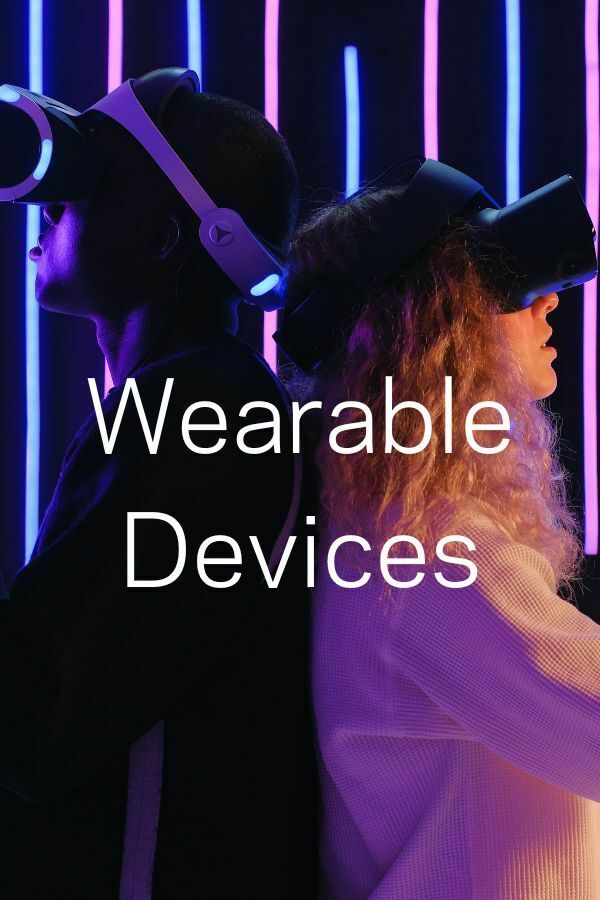HoloFoldit and Hologrammatically Extended Cognition
Appeared In: Philosophy & Technology
Publication Date: December 15, 2022
In his article “Minds in the Metaverse: Extended Cognition Meets Mixed Reality” (2022), Paul Smart argues that the use of a hypothetical application of the Microsoft HoloLens—a mixed-reality headset that enables users to project 3D virtual objects onto their perceptual fields—called “the HoloFoldit” represents a technologically high-grade form of extended cognition. This short commentary (1) carves up the conceptual landscape of possible objections to Smart’s argument and (2) elaborates on the possibility of hologrammatically extended cognition, which is supposed to be one of the features of the HoloFoldit case that distinguishes it from more primitive forms of cognitive extension.
Such an examination is important because mixed-reality devices are likely to become widespread in society and may even someday replace the handheld smartphone. People should understand how wearable and implantable AI assistant devices that are increasingly seamless and invisible to perception are poised to affect the human mind from an epistemological, metaphysical, and ethical perspective.
Turner, Cody. (2022) “HoloFoldit and Hologrammatically Extended Cognition.” Philosophy and Technology, 35 (106), 1-9.
